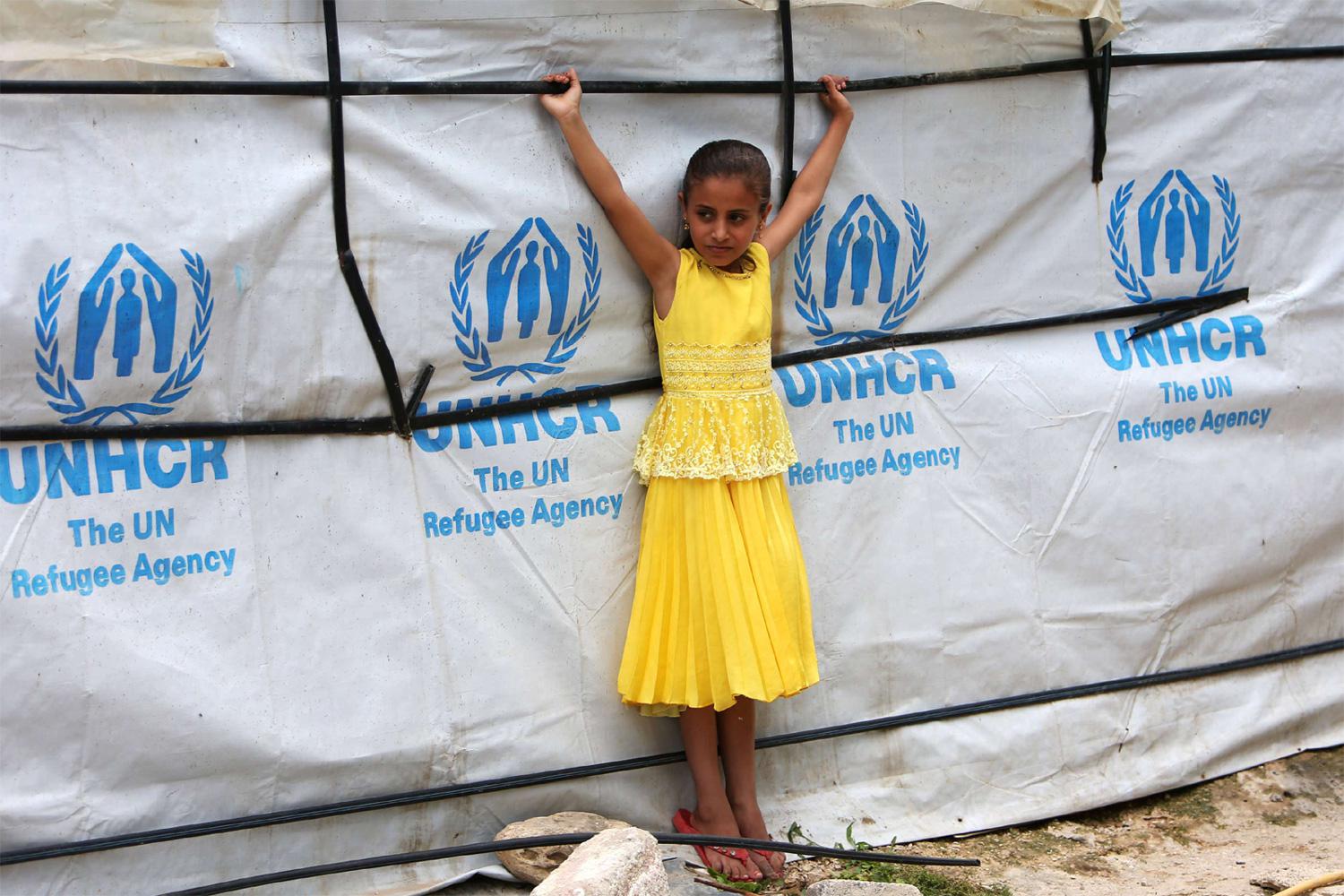Double-standard treatment of refugees in Europe
Under one of many bridges on the Seine River is a scene that can be seen in various parts of Paris, certainly in St Ouen and Porte de la Chapelle — a raid by French police clearing the area of apparently homeless people in the early morning hours.
Migrants are often subject to such occurrences. Police dissipate people gathered in the public spaces and the scattered soon regroup around other portes or gates to Paris.
The refugee crisis has reverberated in media coverage as more people risk their lives to reach Europe, either to flee conflict or to look for a better future. How are some refugees faring better than others?
Hundreds of people from countries such as Sudan, Afghanistan, Pakistan and Mali live in tents under bridges. What can be noticed is a striking lack of Levantine Arabs. Considering the devastation as well as the coverage of the Syrian crisis, one would anticipate larger numbers of them. However, this is not the case.
While their residence in public spaces is viewed in a negative light, it must be stated that many of these refugees are not provided benefits that other refugees are, including housing allowances that a majority of — if not all — Syrian families have access to. This is not because they are not entitled to it but because their case files have been in state custody for an extended period.
In addition, other state benefits are not accessible as the fate of all those residing in these areas are tangled in the bureaucratic process.
A Sudanese man in his mid-40s, identified as Mohammad Omar, has been moving from one squat to another since he arrived in France seven months ago. He explained that priority is given to Syrian families, particularly in terms of state benefits, even in contrast to the French population.
Omar said he spent time in Calais but prefers the quality of life on the streets to the zoned areas. The issues with his situation are mainly bureaucratic. The cases are reviewed inconsistently and the process is often prolonged due to missing paperwork.
Two young men from Afghanistan in their 20s said they also have been squatting in Paris for several months. They say that, though the refugee registration process has been difficult, their quality of life is better in France than at home.
They say that many in their situation will wait as long as necessary to receive a residency permit because their lives back home are all but unliveable. They said the wait for specific nationalities from Central Asia and Central Africa “are seemingly sidelined in favour of other nationalities.”
A translator with the French police pointed out that there are some people who pretend to be Syrian to speed up the process. “This is because most local and international attention is centred on Syrian refugees and governments seek to present a strong facade,” the translator said.
Some migrants arrive with no documents; others intentionally destroy their documents. Those who abide by the regulations are subject to unpredictable wait time.
The translator added that, even in comparison to impoverished French nationals of Arab and African descent, this is causing polarisation within French communities and enraging poor French Caucasians.
What are the long-term effects of this bad governance on French society, including different refugee groups? While the prioritisation of some cases over others is sometimes a necessity, refugees have all left their homes out of dire need and, as such, must be treated with equal importance rather than apparent favouritism for some and disdain for others.
Nadine Sayegh is a freelance journalist based between Dubai and Beirut, focusing on society, culture and regional politics.
Copyright ©2018 The Arab Weekly







